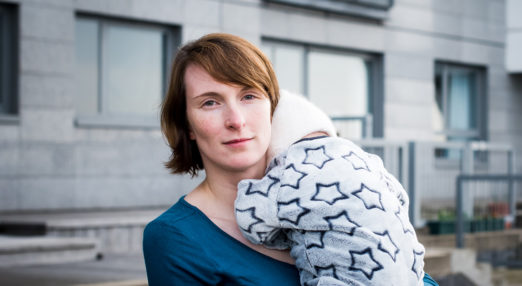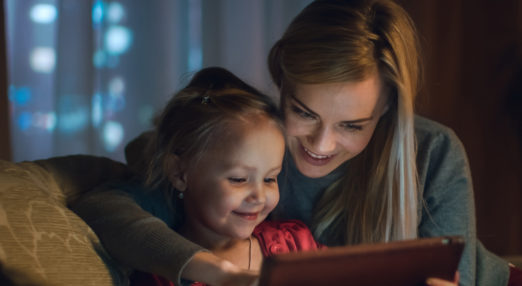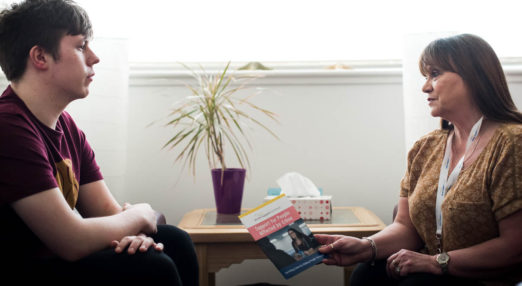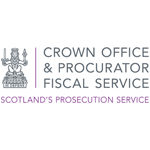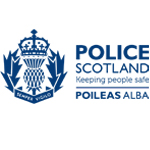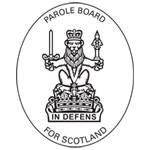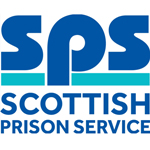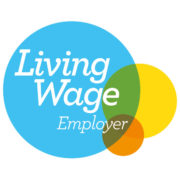Domestic abuse can affect anyone
Lauren, a volunteer in Aberdeenshire, describes how she helped a family to move forward after domestic abuse and the impact the Victims’ Fund made on their sense of security.
Harry is a single father of three children under the age of 12. His partner was verbally and emotionally abusive towards him during their relationship. One day his partner hit his eldest child, so Harry reported the crime. The local police arrested Harry’s partner.
Harry’s children were traumatised by experiencing abuse in the house for so long. They were too frightened to leave the house and refused to play outside. They were afraid about going into town and intimidated by their mother’s family. They couldn’t sleep alone, had nightmares, and would wet the bed. The eldest felt overwhelming pressure to look after the house and support Harry, who had pre-existing health conditions that prevented him from working.
Feeling that he had let his children down, Harry was ashamed that he hadn’t done more to protect them from witnessing abuse and feeling so much fear. He blamed himself. He suffered from anxiety, flashbacks, nightmares and panic attacks and had symptoms of depression.
While talking to Harry and his family, the police realised that Harry was traumatised, isolated and needed support, so they referred him to the local Victim Support Scotland service.
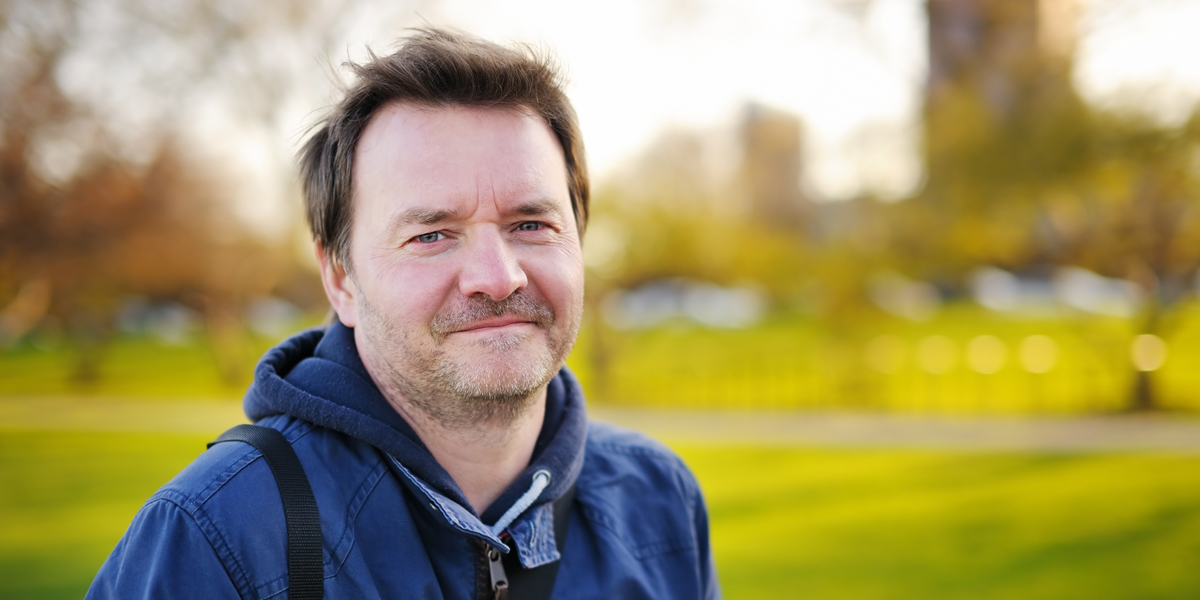
Providing support
Harry and I met every week. He was vulnerable and had a lot of negative feelings. Lacking a support network, Harry was able to confide in me and tell me things he was unable to share with his children, such as his anxiety, depression and feelings of shame as a parent. Together, we explored his feelings and where they came from, worked on self-forgiveness and put him in a more positive and constructive frame of mind.
Harry’s children continued to struggle with the situation. Harry’s youngest child was approached by her mother’s family. She was terrified, but the local police did a great job of questioning her gently and making her feel safe again. I worked with the local Young Carers organisation to find specialist support for the eldest child who was feeling the stress of his caring duties. I gave Harry and his children resources and coping mechanisms to help them improve their mental health and to move forward after all the trauma.
Harry was worried about contacting his doctor, so I worked with him to build his confidence up enough to contact the GP and receive medication for his insomnia and depression. He was also worried about the upcoming court case, so I found out trial details, talked through the court process, and ensured he knew his rights as a victim and witness.
On Harry’s behalf, I applied to the Victims’ Fund, managed by Victim Support Scotland, to pay for the installation of a security system. This made a real difference to the family’s sense of security. The children feel much safer and can now go out and play. They all sleep through the night and have stopped wetting the bed. Harry’s mental health issues have reduced because his children feel safe in their own home and he can see their mental health improving.
Moving forward
Harry is much more confident now. He feels safer, more informed and knows his rights. He trusts the assistance available to him and, crucially, now accepts that he deserves the support he receives.
He has a way forward and has a plan to move to a new town to create a better future for his family. He sees more opportunities for them all in the future.
Harry attributes his family’s recovery to me and Victim Support Scotland, but really I just gave him the tools to get on the road to recovery himself.
He recently said “I appreciate that I can talk to you like a friend. You don’t judge me and you treat all my kids as individuals, caring about each one’s health and happiness. You’ve been really supportive and kind and showed me that what the kids and I were feeling was completely normal. Thank you for everything you’ve done for us.”
Victim Support Scotland is here to help anyone affected by crime. If you need support, please contact us via our helpline (0800 160 1985), our webchat service on this site, or our self-referral form.
Latest news and blogs
-
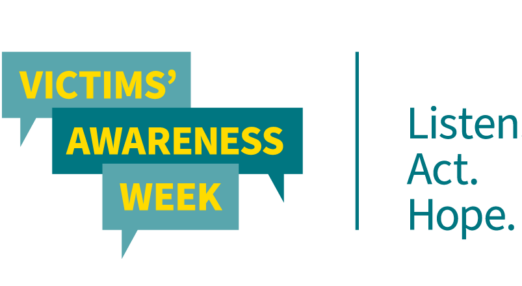
Helena’s* Story – Victims’ Awareness Week
Read more
-

The Taylor* Family’s Story – Victims’ Awareness Week
Read more
-
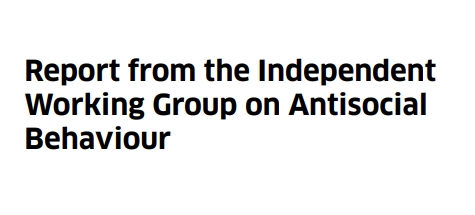
Victim Support Scotland response to report from Antisocial Behaviour Independent Working Group
Read more
-

Victim Support Scotland responds to findings of consultation on Media Reporting on Child Homicide Victims
Read more
-
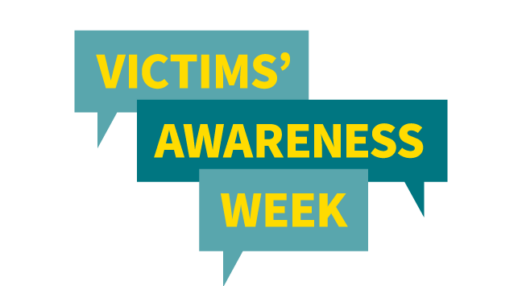
Victims’ Awareness Week 2025
Victims' Awareness Week 2025 will take place from 21-28 February.
Read more
-
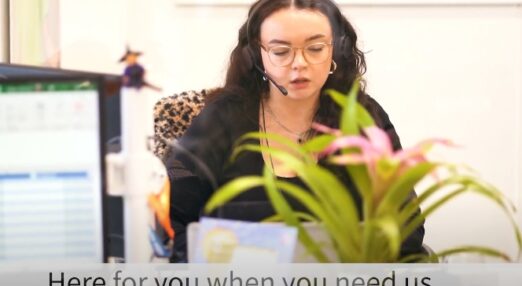
We’re here – support over the festive period
We know that the festive period can be difficult for people impacted by crime - that's why we'll remain open right through Christmas and New Year.
Read more
-
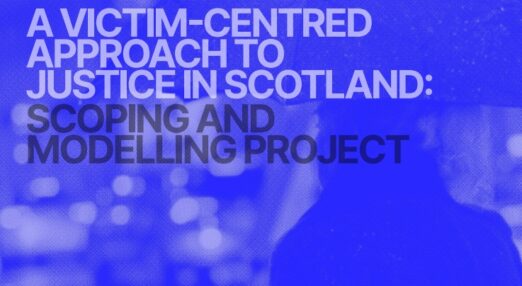
A Victim-Centred Approach to Justice in Scotland: Scoping and Modelling Project
This project, commissioned by Victim Support Scotland, sought to explore how a more victim-centred approach could be realised in Scotland's criminal justice system.
Read more
-

Concern over impact of new early prisoner release bill as Scotland’s crime stats revealed
Victim Support Scotland has expressed concerns about the impact of the Prisoners (Early Release) (Scotland) Bill, which was passed by MSPs yesterday, in light of new crime statistics revealed by the Scottish Government.
Read more
-
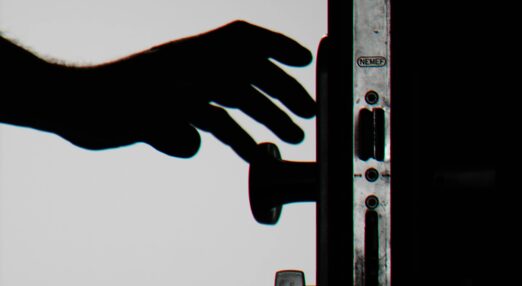
Victim Support Scotland voices concerns about Prisoners (Early Release) (Scotland) Bill
Victim Support Scotland has voiced concerns about the Prisoners (Early Release) (Scotland) Bill.
Read more
-

Media Reporting on Child Homicide – Victim Support Scotland Consultation Response
Victim Support Scotland's response to the Scottish Government consultation on Media Reporting on Child Homicide.
Read more
-
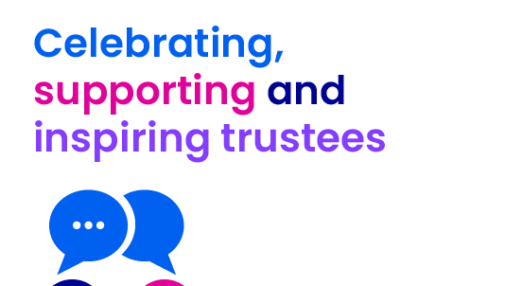
Highlighting the role of Trustees at VSS
We sat down with Gillian Imery, one of our trustees, to chat about the role she plays, why she decided to get involved with VSS, and how her skills and experience enrich our charity.
Read more
-

Statement on Homicide in Scotland figures
Victim Support Scotland has released a statement in response to the Homicide in Scotland figures released by the Scottish Government.
Read more

